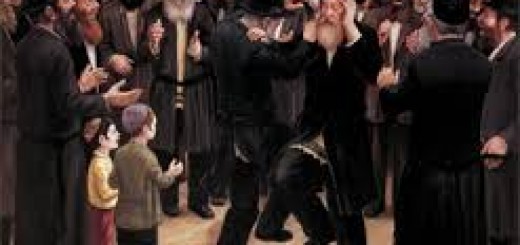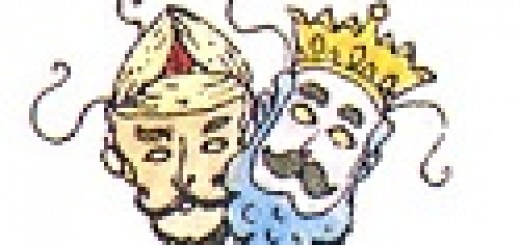By Avner Friedmann
The Torah states[1]: “For a seven-day period shall you eat matzot, but on the previous day you shall nullify the leaven (chametz) from your homes, because anyone who eats leavened food – that soul shall be cut off from Israel…for seven days leaven may not be found in your houses…” Spiritually speaking, matzah represents humility, faith, freedom, and the inclination for goodness. On the other hand, chametz represents ego, lack of faith, enslavement and the inclination for evil.
The Holy Zohar asks,[2] “If eating chametz during Pesach has such a negative effect on our soul and carries the severe punishment of Karet (excision) when violated; why then limit it to seven days? After all, aren’t forbidden foods prohibited all year long, rather than only on certain days of the year? If eating matzah is so good for our souls, why don’t we eat it all year long?”
It gives the answer through the following parable: There was once a king whose only son became very ill. The doctors instructed the king to put him on a very strict diet. They prescribed that for a limited period of time, his son must eat only these specific items and that no other foods must be seen or found in the house. Moreover, they warned the king that if his son ate any other food during the healing process, it would actually be very detrimental to his health. However, after this restrictive period, his son would be allowed and even encouraged, to go back to his regular diet.
Such was the case with The Jewish people when they left Egypt. They had been sunken in the impurities and depravities of Egypt for many years and had not yet internalized their faith and spiritually. Spiritually speaking, they were very ill. HaShem prescribed a special remedy called matzah. The Holy Zohar states that matzah has the spiritual power to aid a Jew in nullifying himself to HaShem, accepting the yoke of Heaven and developing faith (Emunah). Ridding themselves of chametz would heal them of the idolatry, slave mentality and limitations of Egypt. Matzah would act as “immunization” against the bad thoughts, philosophies, emotions, passions, and habits they had acquired during their long exile. Once healed, they would be permitted to go back to their regular diet, which not only would not harm them, but on the contrary, would actually help them in their spiritual growth.
Now, though the Exodus from Egypt separated them physically from the impurities of Egypt, they still needed to go through a seven week purification known as the “Counting of the Omer”. This elevated them spiritually, day by day, and prepared them to receive the Torah on the fiftieth day.
On Shavuot, the fiftieth day, they were commanded to bring an offering of leavened bread known as the “Two Loaves”, as stated[3], “They shall be baked leavened”. The Holy Zohar asks, “Why does it have to be a leavened offering (of chametz)? Why “reawaken” the inclination for evil by bringing the leavened loaves? Doesn’t it go counter to the purifying process of eating matzah and counting the Omer that they had just gone through?”
The answer is that by that time the Jew has already developed “immunity” through the remedy of matzah and counting the Omer. Now he has the ability to burn the inclination for evil as a sacrifice to HaShem, as represented by the offering of the “Two Loaves”. After being burnt on the altar, this chametz can no longer harm the Jew until the following Pesach.
When a Jew follows the “Doctor’s Orders” on Pesach, he can be protected from prosecution on the judgment day of Rosh Hashanah. On the other hand, whoever is not careful on Pesach and does not follow the “Doctor’s” prescription, become vulnerable to negative influences throughout the year and faces prosecution on Rosh Hashanah, heaven forbid.
Since the exodus from Egypt, the same spiritual opportunities recur every year. We are given the opportunity to work on our character and elevate ourselves. Even though we don’t necessarily understand all the Divine secrets behind the mitzvot, if we follow them with faith and humility we merit Divine help and protection. This is because the One, “Who heals the sick of His people Israel” commanded the mitzvot for our good.
This Pesach, may we behold the true and complete redemption through our righteous Moshiach, as it states,[4] “As in the days that you left Egypt, I shall show you wonders.” May it be speedily, THIS YEAR!
[1] Bo 12:15-19.
[2] Tetzaveh 183b and Bo 40a.
[3] Emor 23:17.
[4] Micha 7:15






















